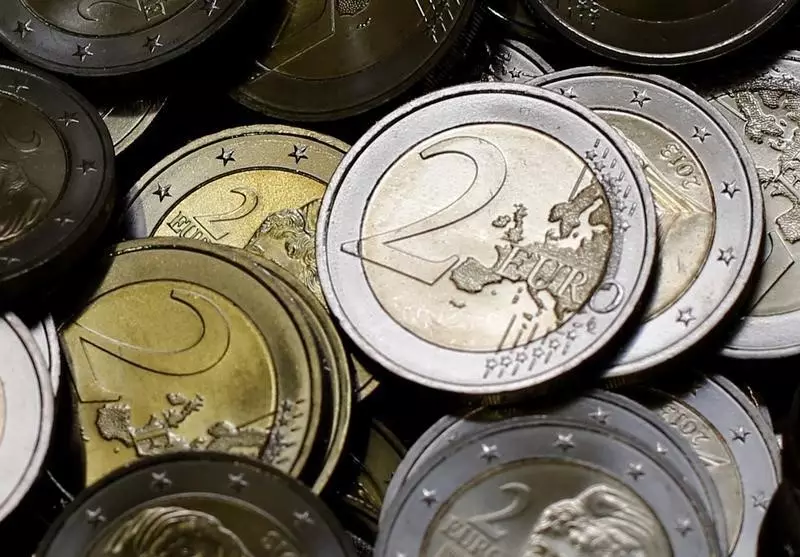The recent snap election in France has had a significant impact on the global currency markets, particularly on the euro. The far-right National Rally (RN) party led by Marine Le Pen emerged as the winner in the first round of the parliamentary elections, albeit by a smaller margin than expected. This outcome has led to a rise in the euro, which had been on a downward trend since President Emmanuel Macron announced the election. The currency strategist at Commonwealth Bank of Australia (CBA), Carol Kong, noted that the lower-than-expected performance of the far-right party has calmed fears of expansionary fiscal policies, leading to a modest increase in the euro’s value against the dollar.
The rise in the euro has put pressure on the dollar, causing it to dip slightly against a basket of currencies. In addition to the election results in France, data released recently showed that U.S. inflation had cooled in May, strengthening expectations of an interest rate cut by the Federal Reserve later this year. Market pricing now suggests a 63% chance of a rate cut in September. As a result, the dollar index decreased slightly, while currencies like sterling, the Aussie, and the New Zealand dollar saw marginal gains.
On the other hand, the Japanese yen faced challenges in gaining ground against a weakening dollar. Revised data on Japan’s first-quarter growth showed a larger contraction than initially reported, signaling potential adjustments to the Bank of Japan’s growth forecasts and interest rate decisions. The interest rate differentials between the U.S. and Japan have already led to a 12% decline in the yen this year. The latest weakening of the yen to over 160 per dollar has raised concerns about intervention from Japanese authorities to support the currency.
The Chinese yuan, influenced by similar interest rate differentials with the U.S., also experienced minimal fluctuations in the offshore market. A decline in manufacturing and services activities in China, as indicated by an official survey, has raised concerns about the country’s economic recovery. The persisting weakness in the Chinese economy, despite government support, has led to falling bond yields and continued pressure on the yuan. Analysts are closely monitoring the situation in China for any signs of further stimulus measures to boost economic growth.
The recent developments in global currency markets following the France election results and Japan’s economic growth figures highlight the interconnectedness of economies and the impact of political events on currency movements. As central banks and governments navigate the challenges posed by economic uncertainties, investors and analysts must remain vigilant in assessing the implications for their portfolios and international trade.

